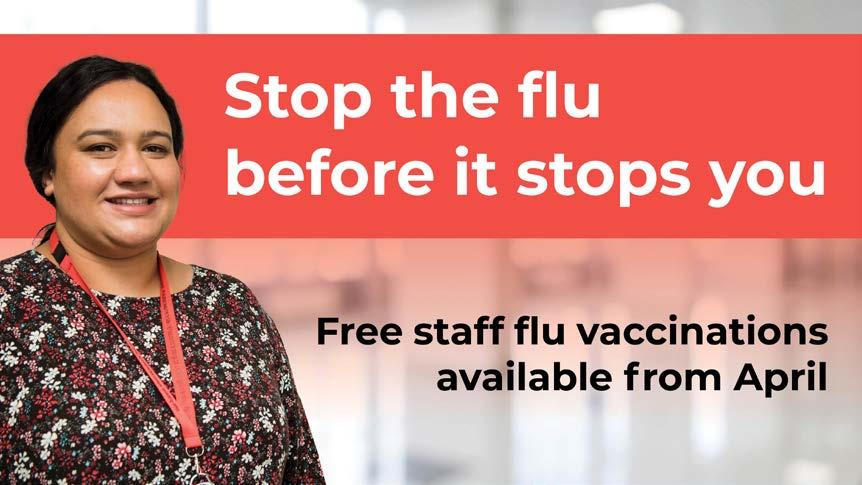
2 minute read
Political neutrality during the General Election period
The official three-month pre-election period begins on 14 July before the General Election on Saturday 14 October.
As public servants, generally, the following is considered appropriate and acceptable conduct during an election period:
Advertisement
› Chatting about politics or policy as part of a private conversation, in non-public facing areas, with interested colleagues
› Being a member of a political party
› Attending political party meetings or delivering pamphlets outside of work
› Sensible personal use of media and social media (make sure you’re familiar with our workplace’s social media policy)
› Standing for Parliament as a candidate, with the caveat that you won’t be able to work in your public sector role from the point of nomination until the day after the Election - more information is available here
The following is not considered appropriate and acceptable conduct during an election period:
› Campaigning for a political party or a candidate in the workplace
› Using your personal social media to make political comments about Te Whatu Ora, political parties or policies, ministers or our work
› Providing your work contact details to political parties
› Engaging with political parties while at work, including responding to or forwarding emails from them – if you receive an email from a political party asking to visit your workplace, please refer the request to our communications team
› Using publicly funded resources for political purposes (e.g. using a work printer to print political materials).
More information can be found at Te Kawa Mataaho (Public Service Commission) He Ārahitanga Pōtitanga Whānui General Election Guidance 2023
If at any point you’re unsure of what to do, or need further guidance, please contact Andrea Seymour in the Advice and Settings Team in the Office of the Chief Executive.
The flu is not to be sneezed at
We are in for another bumper flu season in 2023 with virologists predicting a similar surge to the one we saw last year, and which overwhelmed our urgent care facilities and hospitals.
Based on the experience in the northern hemisphere over their recent winter months, we can anticipate:
› More influenza B strains, which primarily impact younger and school-age children rather than the influenza A strains which typically cause more illness in elderly people
› H1N1, or ‘swine flu’ has been on the rise overseas and is expected to land here too
We will have greater susceptibility to these viruses because they did not have a strong presence last year. We know this means greater pressure on general practices, urgent care, ED and our hospitals. This will be compounded if there is the expected winter surge of RSV and higher COVID-19 infections.
The best thing any of us can do is get our flu vaccination (free to all Te Whatu Ora staff from 4 April) and if eligible, the new COVID-19 bivalent booster.

Look out for information on flu vaccine clinics in the coming weeks.
Ramadan Mubarak – Blessed Ramadan to our Muslim whānau

The most sacred month in the Islamic calendar begins on Wednesday. Ramadan will see Muslim faithful fast from food and drink during the sunlit hours as a means of drawing closer to God and cultivating selfcontrol, gratitude, and compassion for those less fortunate.
Some of your colleagues will be fasting during Ramadan but still maintaining their normal day-to-day duties and responsibilities. If you would like to know more about why Ramadan is so important in the Islamic faith, you can read all about it on page 7
Today is World Oral Health Day
One of the most important things you can do for your overall health and well-being is to take care of your teeth. Caring for your mouth and looking after your oral health is essential regardless of your stage of life or age. Be proud of your mouth! Learn more here










